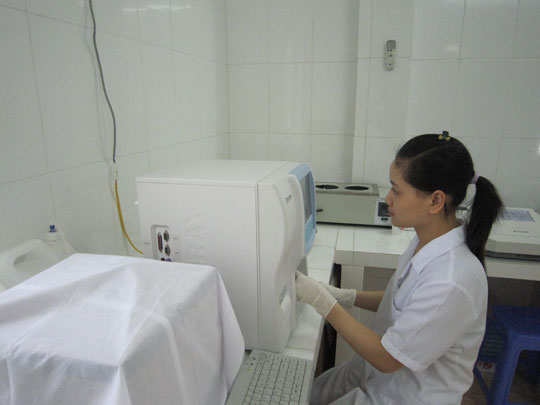According to a new study, published in the journal Human Molecular Genetics, British scientists have found that genetic testing can help predict early menopause.

Image for illustrative purposes. (Internet source)
In their study, scientists at the Exeter Peninsula University and the Institute for Cancer Research (ICR) tested four genes that are related to menopause.
Scientists compared 2,000 women in a research experiment, who experienced pre-menopause, with another group of women compared.
The results confirm that these genes affect the premenopausal process in women.
This study may help women decide whether they have a genetic predisposition to early menopause, and thus predict the final time of reproductive life. In addition, it can help women make family planning decisions based on this knowledge.
Early menopause means menopause that appears before age 40. The disease has genetic factors because often these cases have a family history.
Some cases of chromosomal abnormalities such as 45X, 45X / 46XX. In early menopause due to Turner syndrome, it is easily identifiable through abnormal clinical signs such as meat on both sides of the neck, small stature. People with this syndrome have chromosomes of 45XO.
Early menopause may be due to ovarian failure resulting from immunity. In this case, the chromosome is normal; There is usually another autoimmune disease attached (such as Hashimoto thyroiditis, hyperthyroidism, Addison's disease).
In addition, early menopause may also be caused by radiation therapy or chemotherapy after ovarian cutting.
 Green tea cleans teeth better than mouthwash?
Green tea cleans teeth better than mouthwash? Death kiss: This is why you should not let anyone kiss your baby's lips
Death kiss: This is why you should not let anyone kiss your baby's lips What is salmonellosis?
What is salmonellosis? Caution should be exercised when using aloe vera through eating and drinking
Caution should be exercised when using aloe vera through eating and drinking